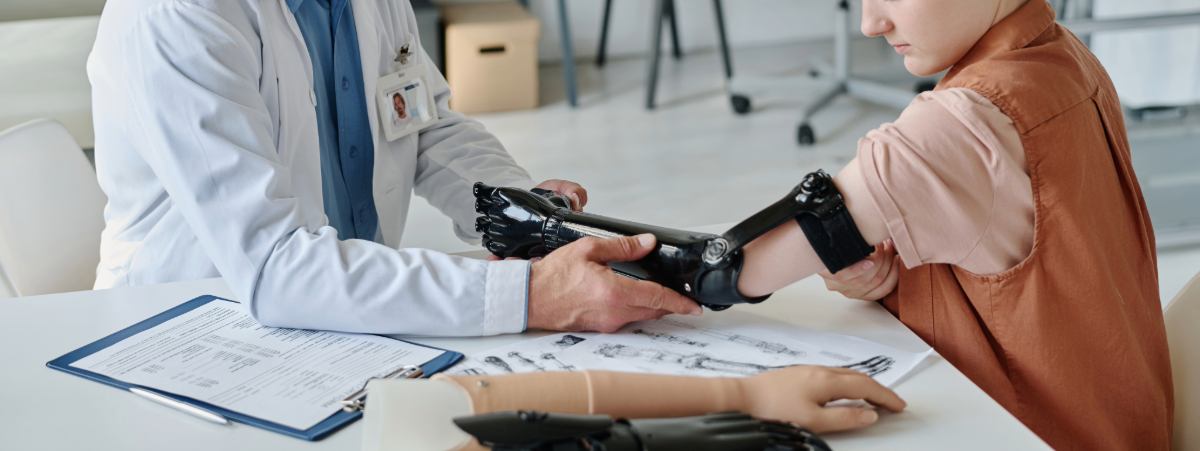Amputation patients deserve the right care and quality prosthetics

With some insurers pushing for lower-cost alternatives, providing prosthetics after an amputation can be a difficult and often disputed issue.
It may result from a road accident, a workplace incident, a defective product or complications from medical treatment. Whatever the cause, the journey to recovery is long and the right rehabilitation can transform the future.
The Rehabilitation Code 2015 (RC) provides access to essential support such as:
- Prosthetics
- Physiotherapy
- Psychological support
- Aids and equipment
- Home adaptations
- Occupational therapy
These are not luxuries. They are basic needs. Yet when it comes to prosthetics, cost often becomes a point of contention with some insurers favouring cheaper, less effective devices rather than what is best for the patient.
We take a different approach.
We fight to secure the best care and most suitable prosthetics for every client - regardless of cost.
While the NHS plays a vital role, it is not always able to meet the complex and ongoing needs of amputees. Challenges include limited access to advanced prosthetics, strict eligibility criteria, and inconsistent rehabilitation support between regions.
Private care, on the other hand, can provide cutting-edge technology. For example, a robotic prosthetic hand that responds to muscle signals offers fine motor control and greater independence.
We’ve seen the difference this makes. Firefighter Ian McDonald lost his lower arm during training but with our support he obtained a state-of-the-art prosthesis that improved his quality of life.
In legal cases involving amputation, expert evidence is essential. Reports should cover not only the immediate cost of prosthetics but also future upgrades, replacements, and therapies.
Insurers will often present their experts, but their recommendations may focus more on affordability than suitability. Ultimately the final decision lies with the court which will consider what is fair and reasonable.
Above all, financial support during the process is key.
This relieves our clients of the burdens of domestic bills and other everyday expenses while they focus on their rehabilitation and prosthetic needs.

Moira Kay, Partner